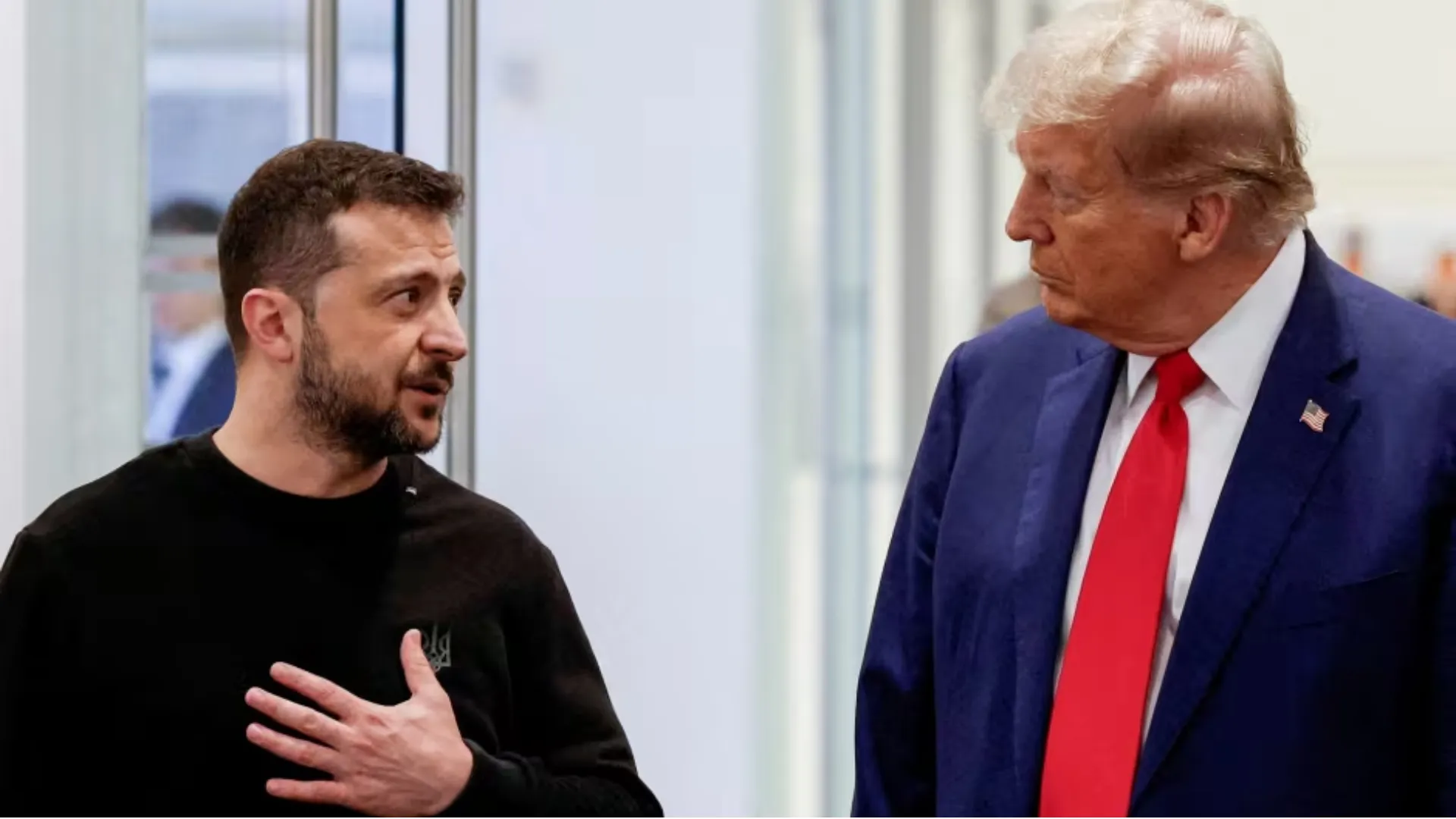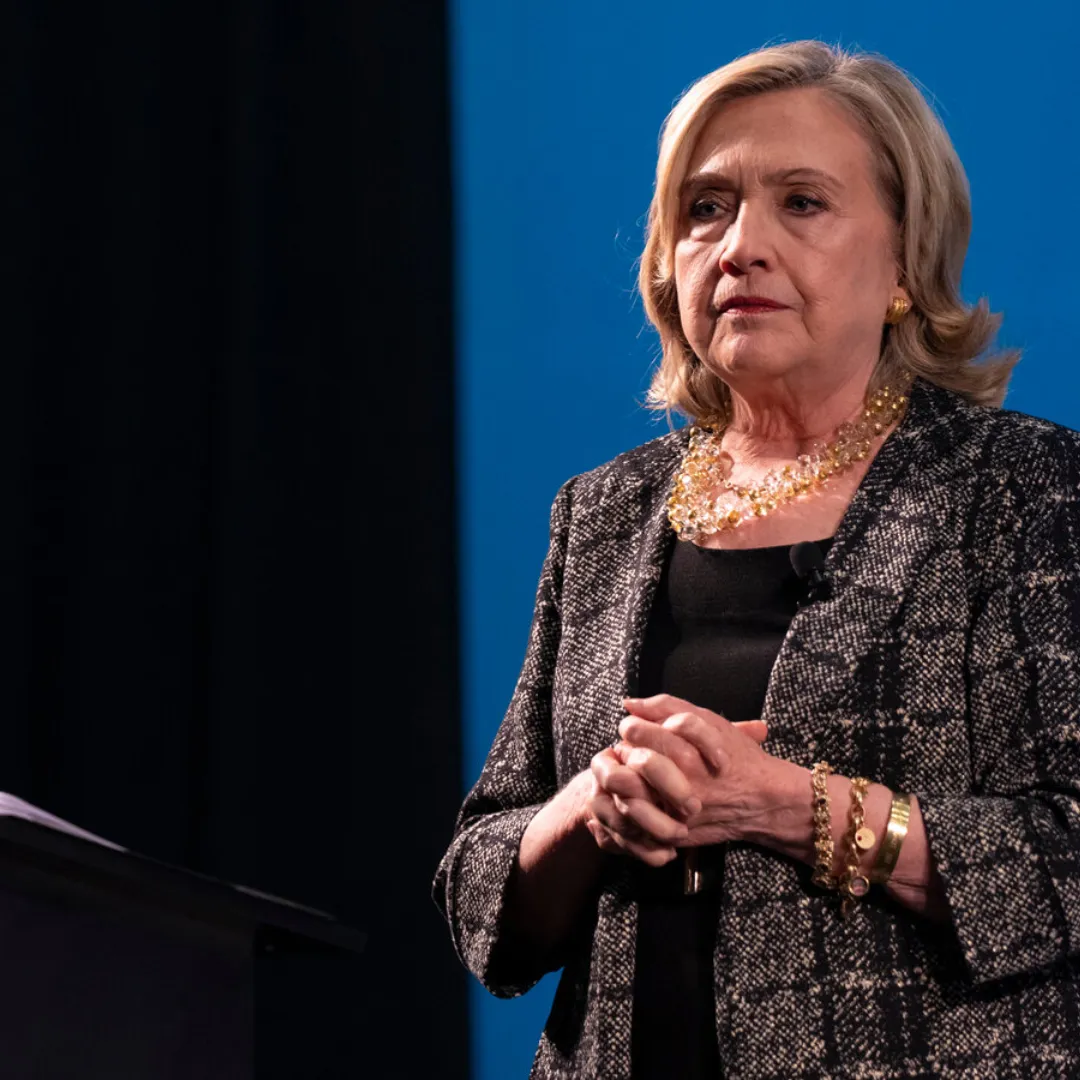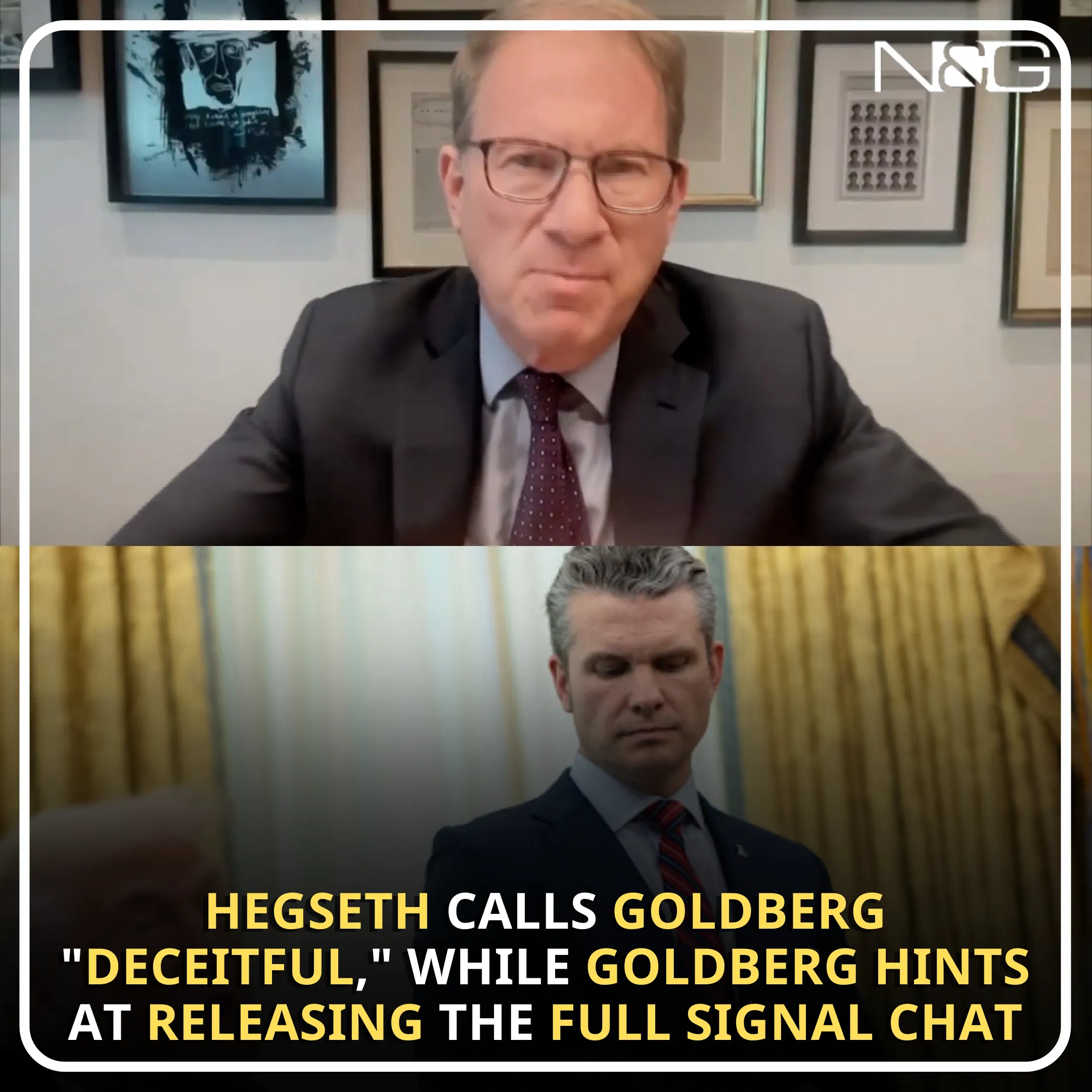In a recent appearance on NewsNation, Rep. John Garamendi (D-Calif.) sharply criticized Secretary of Defense Pete Hegseth over allegations that he had shared top-secret information in a Signal group chat with national security officials. Garamendi, a senior member of the Armed Services Committee, called the use of a commercial platform for such sensitive communications not only ill-advised but potentially dangerous.
“What in the hell are you guys doing? And why are you doing that on a commercial chat platform? Makes absolutely no sense.
And it’s, in fact, extraordinarily dangerous,” Garamendi said. The lawmaker expressed deep concern over the potential risks involved in using platforms that are not secure enough to handle classified military information.
Garamendi’s comments followed reports from The Atlantic editor-in-chief Jeffrey Goldberg, who had claimed that he was inadvertently added to a Signal group chat with high-ranking members of the Trump administration. In that chat, Goldberg reportedly saw discussions about U.S. military plans regarding airstrikes against the Houthis in Yemen.
This revelation prompted Garamendi to question the judgment of Hegseth, suggesting that the Secretary of Defense may have shared sensitive material to compensate for what he viewed as personal inadequacies.
“And then you bring in the Secretary of Defense and perhaps for his own personal inadequacies for the job, he decides that he’s got to show that he’s got the really big, important stuff that he can then share with the other teenagers that are chatting about this,” Garamendi added, drawing a sharp comparison between the group’s communication style and that of a group of teenagers discussing trivial matters.
Garamendi’s remarks were part of a growing chorus of criticism aimed at both Hegseth and National Security Adviser Mike Waltz. Several prominent Democrats have called for their resignation in light of the controversy.
Among them is House Minority Leader Hakeem Jeffries (D-N.Y.), who sent a letter to the White House urging President Trump to dismiss Hegseth from his post.
Garamendi’s criticism reflected his long-standing doubts about Hegseth’s fitness for the role of Secretary of Defense. His concerns were not limited to the mishandling of information through unsecured platforms.
The congressman had previously launched an inquiry into Hegseth’s decision to deploy medical units at Guantanamo Bay, a move that some critics viewed as part of the Trump administration’s broader agenda to hold illegal immigrants in detention.

Garamendi pointed to the failure of the administration to prioritize national security over political agendas. “Unfortunately, it is clear that this administration cares more about imposing their radical political agenda and lining the pockets of their billionaire buddies, than it does about protecting the American taxpayer and our national security,” he told The Hill in February.
The controversy surrounding the Signal group chat is only one of several issues that have plagued Hegseth's tenure at the Pentagon. The secretary’s handling of national security matters has faced increasing scrutiny, with lawmakers questioning his leadership and judgment.
Garamendi’s comments have added further fuel to an ongoing debate about the adequacy of the Trump administration’s approach to national security.
For his part, Hegseth has denied the allegations that sensitive war plans were shared in the Signal group chat. In a statement to reporters, Hegseth firmly rejected the claims that classified information was discussed through the platform.
“Nobody was texting war plans, and that’s all I have to say about that,” Hegseth said. His response was succinct and offered little additional insight into the events surrounding the chat.
However, it did little to quell the concerns raised by Garamendi and other lawmakers, who are now questioning whether the Secretary of Defense has the necessary temperament and competence to lead the Department of Defense.
Despite Hegseth’s denial, the fact remains that the use of unsecured platforms to communicate about military operations remains a deeply troubling issue. Garamendi’s accusations, which have been echoed by other Democrats, raise questions about the security practices at the highest levels of government.
The incident suggests a lack of foresight in using a platform like Signal, which, though encrypted, is not typically considered secure enough for official government communications involving sensitive national security matters.

This controversy is part of a broader discussion about the Trump administration’s approach to national security and its handling of sensitive information. Critics have long argued that the administration has been reckless in its management of classified material, often downplaying the importance of maintaining secure communication channels.
In recent years, the Trump administration has been accused of undermining established protocols for handling classified information. Whether through the use of personal devices by officials or unsecured platforms like Signal, there has been a growing sense of concern about the vulnerability of the nation’s most sensitive secrets.
The incident involving Hegseth only serves to underscore these concerns and has prompted calls for greater oversight of how government officials handle classified information.
As the investigation into the Signal group chat continues, it remains unclear whether any specific classified information was compromised. However, the fact that such a conversation even took place in an unsecured setting raises significant questions about the current state of national security communication practices.
The fallout from this incident will likely have lasting implications for the Trump administration and its handling of national security matters. Hegseth and Waltz are likely to face continued scrutiny as lawmakers seek to determine how such a mistake could have occurred.
As of now, there are few clear answers about how a journalist like Goldberg was added to the group chat, but the lack of transparency around the situation only serves to deepen the controversy.
Moving forward, there will need to be a reassessment of communication protocols within the Department of Defense and across the broader national security apparatus. The use of commercial platforms for official government communications should be reconsidered, especially when dealing with classified information.

Moreover, it is clear that there needs to be a greater emphasis on securing communication channels to prevent unauthorized access. This will require both technological solutions and a cultural shift within the government to prioritize security over convenience.
For now, the spotlight remains on Hegseth and Waltz as they navigate the aftermath of this scandal. Their actions and responses in the coming days and weeks will be closely watched, as they will determine the next steps in restoring confidence in the administration’s ability to safeguard national security.



